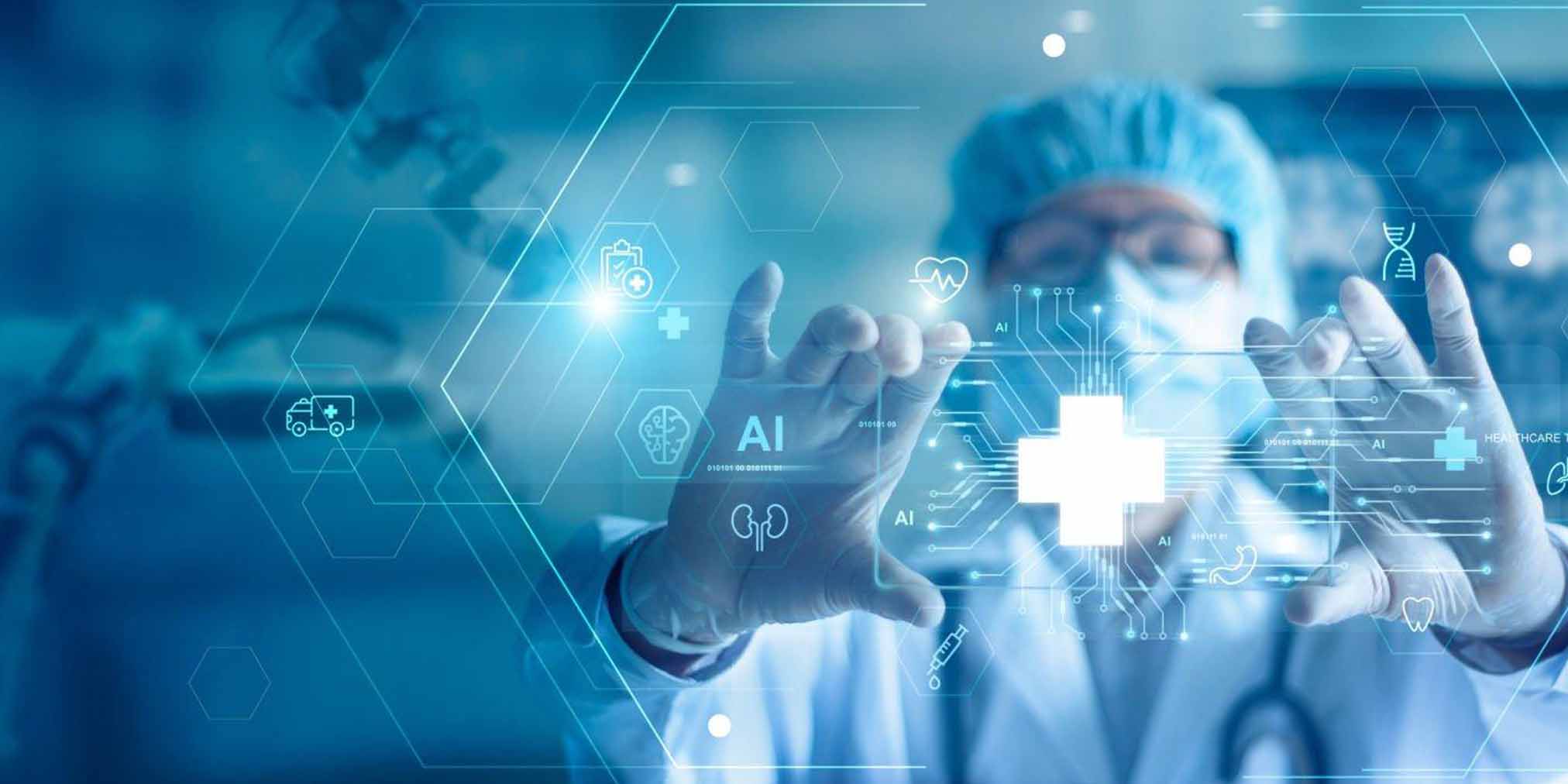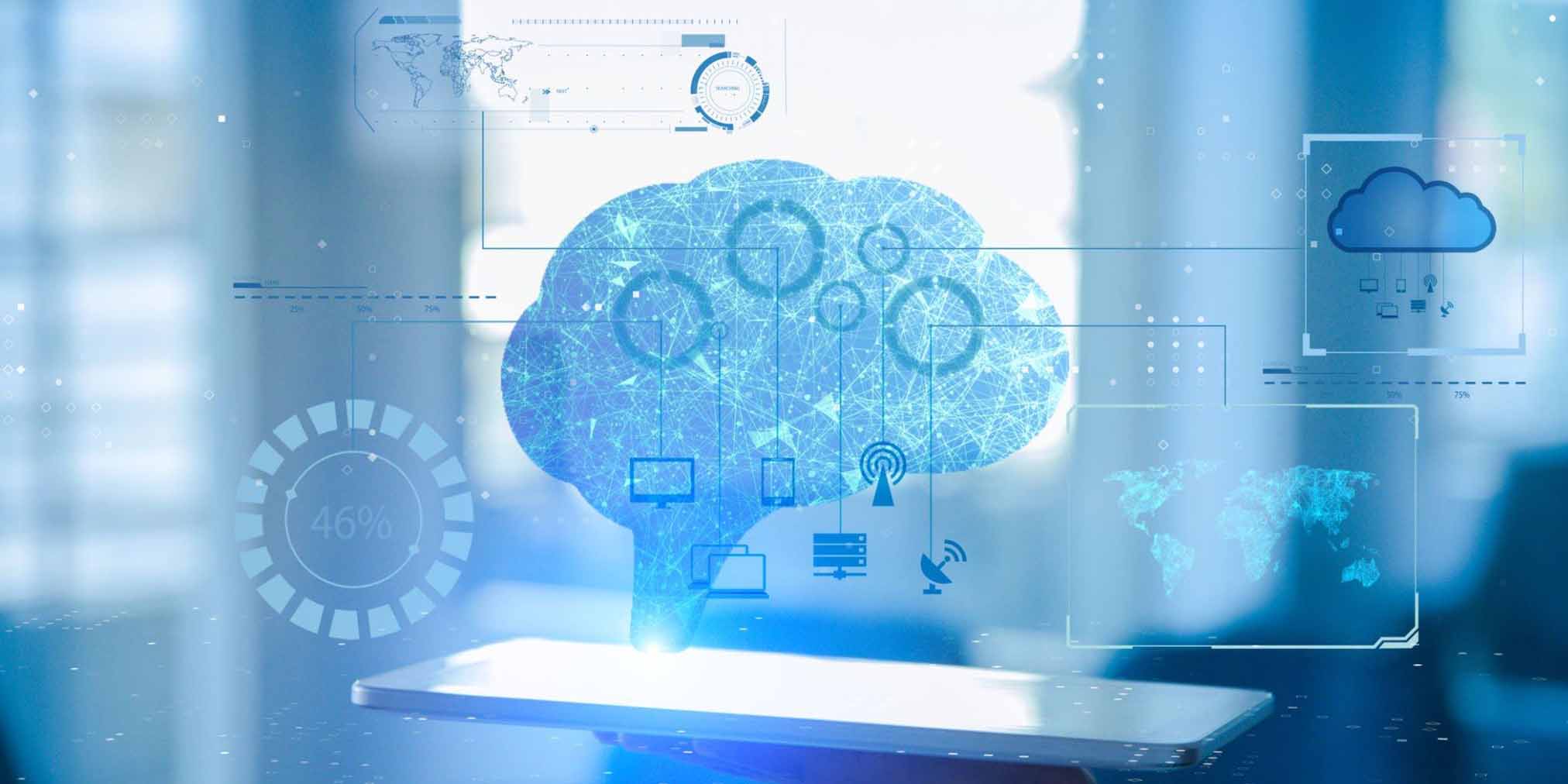

August 4, 2023
Welcome to our blog on transforming healthcare with machine learning! With the advent of cutting-edge technologies, the healthcare industry has seen a significant shift toward using machine learning to improve patient outcomes.
Machine learning development services can revolutionize how healthcare professionals diagnose, treat, and manage various diseases.
This blog will explore the latest developments and applications of machine learning in healthcare. We will explore how it can help physicians make accurate diagnoses, improve treatment protocols and reduce healthcare costs. So, let’s dive into the exciting world of machine learning and its transformative impact on healthcare!
Machine learning is artificial intelligence that allows machines to learn and adapt from data without being explicitly programmed. Its impact on the healthcare industry is simply remarkable.
Machine learning algorithms can recognize patterns and trends that can aid medical professionals in diagnosing and treating a wide range of illnesses. It rapidly transforms the industry by improving patient outcomes, optimizing treatment plans, and enabling personalized care.
With the help of machine learning, medical professionals can provide timely and accurate diagnoses while predicting potential complications before they become serious. Ultimately, machine learning has the potential to revolutionize healthcare. It allows doctors to make better decisions, deliver more precise treatment and improve patient outcomes.

In healthcare, machine learning has been making some revolutionary strides. Its use of algorithms, predictive modeling, and analytics has improved diagnosis and treatment precision while minimizing diagnostic errors.
Machine learning has enhanced medical research by identifying risk factors. It places patients at high risk and offers new insights into managing and treating chronic diseases.
Additionally, the use of machine learning has led to a reduction in the cost of medical treatments. This has been achieved by providing healthcare providers with a means of pooling resources, consequently lowering costs. Therefore, with these benefits and many others yet to come, machine learning is paving the way for positive healthcare outcomes.
To improve patient care, the healthcare industry has turned to machine learning. ML can analyze large datasets by utilizing algorithms and computational models to identify trends and patterns that may have otherwise gone unnoticed.
From early disease detection to improved clinical decision-making, ML is being leveraged to revolutionize how healthcare is delivered. As the demand for high-quality care continues to grow, the use of ML will likely become even more prevalent in the years to come.

There have been several recent developments in machine learning and its applications to healthcare, including:
Federated Learning: This new approach to machine learning enables healthcare providers to train models using data from multiple sources without sharing that data. Federated learning helps to address privacy concerns while still allowing for the development of accurate and effective models.
NLP is increasingly used in healthcare to extract meaningful information from unstructured data such as clinical notes and medical records. This can help healthcare providers make more informed decisions about patient care.
Computer vision is used to analyze medical images such as X-rays, MRIs, and CT scans. Machine learning algorithms can identify patterns and abnormalities in these images that may not be visible to the human eye, helping healthcare providers make more accurate diagnoses and treatment decisions.
Predictive analytics is being used to forecast patient outcomes such as hospital readmissions and the likelihood of developing certain conditions. Machine learning algorithms can identify high-risk patients early on, allowing early intervention and prevention.
Machine learning is used to develop personalized patient treatment plans. Machine learning algorithms can predict how a patient will respond to a particular treatment by analyzing genetic information and medical history.
These recent developments in and application of machine learning in healthcare can improve patient outcomes and revolutionize the healthcare industry.

As technology advances, so do the opportunities for machine learning in healthcare. One of the most exciting developments involves the use of machine learning algorithms to predict patient outcomes. By analyzing large amounts of patient data, these algorithms can identify patterns and predict which patients are most likely to experience complications.
Additionally, machine learning is being applied to medical imaging, enabling doctors to detect and diagnose diseases more accurately. Other applications include optimizing treatment plans and streamlining administrative tasks, freeing time for healthcare professionals to focus on delivering high-quality patient care. As machine learning continues to evolve, it has the potential to revolutionize healthcare and improve outcomes for patients around the world.
Looking to the future, it is clear that further advances in machine learning could have significant implications for the healthcare industry. As we continue to navigate this rapidly evolving field, it will be crucial for all stakeholders to collaborate and prioritize patient safety and well-being.